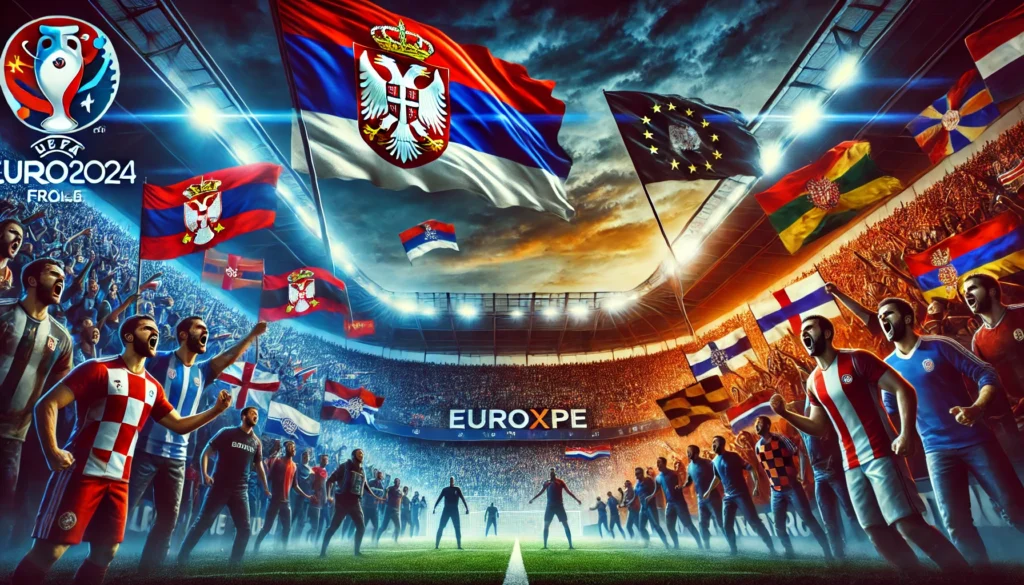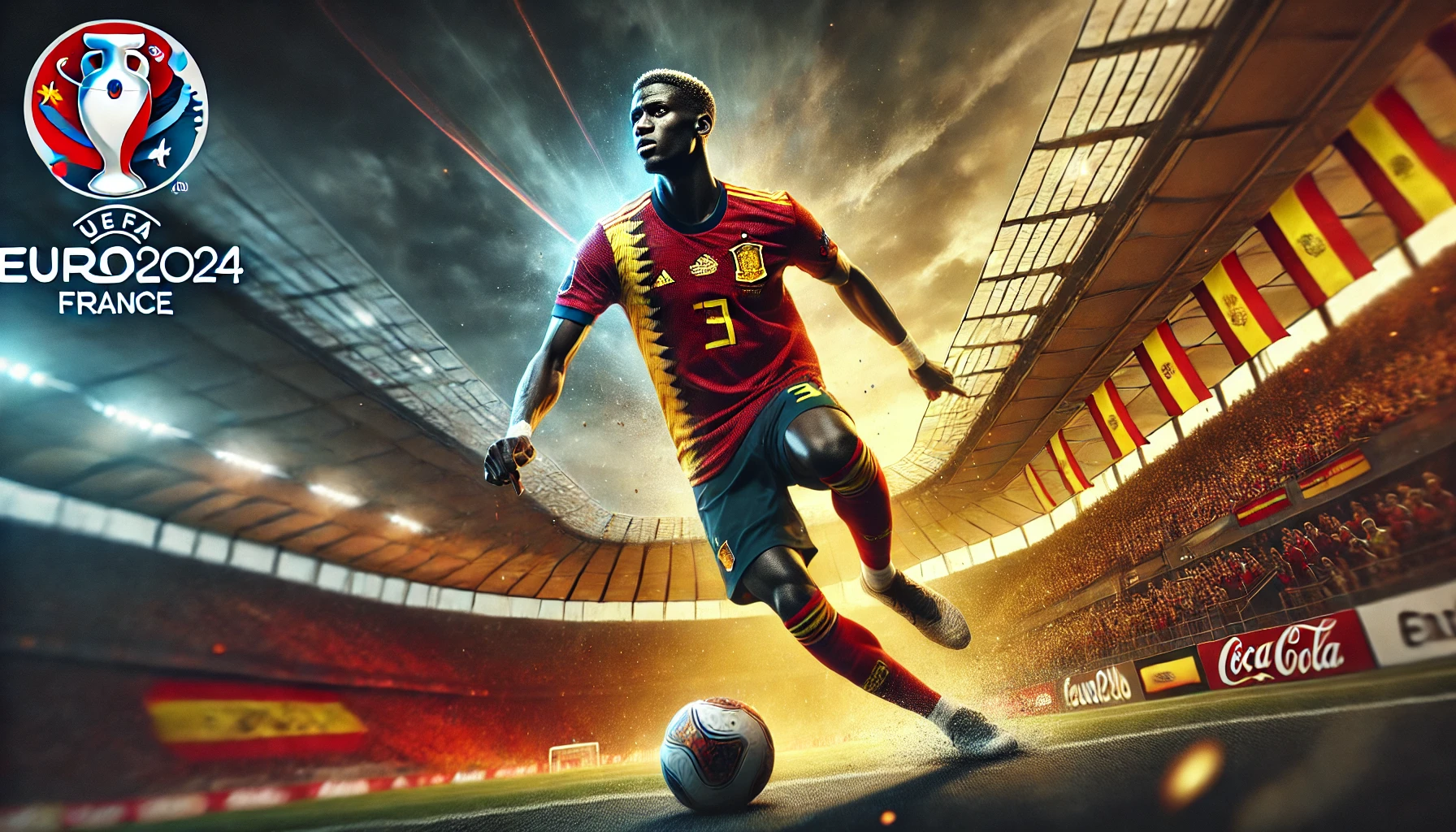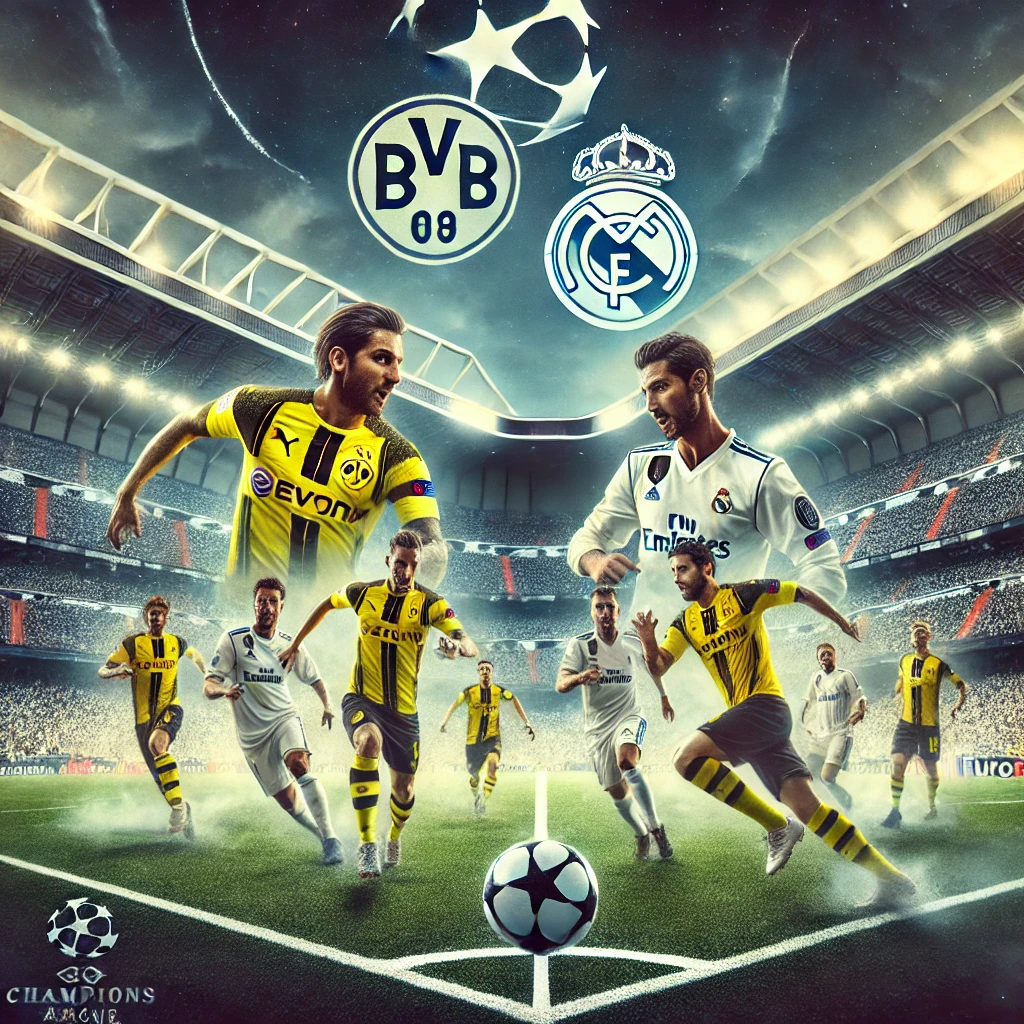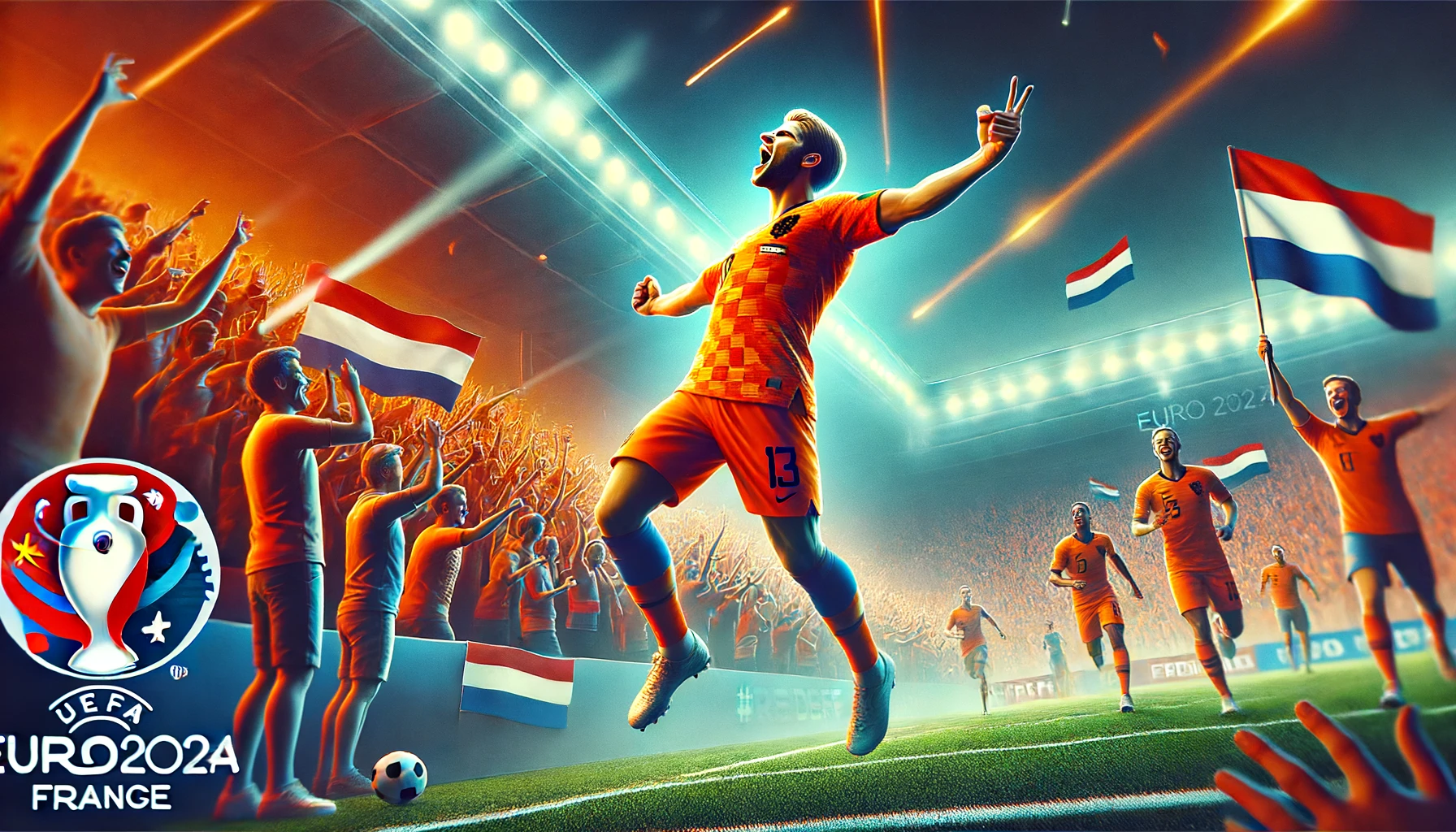The ongoing Euro 2024 tournament in Germany has become a stage for intense regional rivalries, particularly from the Balkan states. Passionate nationalistic fervour from neighbouring countries has resulted in disturbing scenes, creating significant issues for the organisers and tarnishing the spirit of the competition.
The Union of European Football Associations (UEFA) has been inundated with complaints from various Balkan football associations. Reports of offensive banners and violent chants have been rampant, not just within stadiums but also in surrounding areas. The charged atmosphere has brought to the fore the historical and ongoing regional animosities that plague the Balkans.
The lingering wounds from recent regional conflicts and the deep-seated mistrust between neighbouring countries have been ignited by the tournament. The Balkans, characterised by a dense mix of nations and ethnicities, frequently sees nationalistic clashes. These have now spilled over into the football arenas in Germany, showcasing a volatile mix of nationalist fervour and ethnic slurs.
Instances of provocative behaviour have not gone unnoticed. An Albanian player faced a two-game ban for leading chants of “F**k Macedonia” following a match. Similarly, Croatian and Albanian fans have been recorded chanting “Kill the Serb!”, further stoking the flames of hatred. Serbian supporters are under investigation for racist abuse during a game, while both Slovenian and Serbian fans have stirred controversy by claiming “Kosovo is the heart of Serbia,” a phrase that challenges Kosovo’s independence.
The displays of ultranationalist flags and symbols redrawing Balkan borders have been a common sight. In one incident, a Kosovan journalist was ejected from the tournament for displaying a provocative eagle symbol at Serbian fans and subsequently boasting about it online. Such incidents highlight the simmering tensions that have been brought to the surface during Euro 2024.
The behaviour of the fans reflects the real-life political tensions between their countries, marked by deep-seated animosities and unresolved disputes. The stadiums have become amplifiers of these sentiments, with matches serving as flashpoints for expressions of nationalistic fervour and unresolved grievances.
Dario Brentin, a social scientist at the University of Graz and an expert on Balkan football culture, remarked, “The stadium is an incredible multiplier of pre-existing sentiments, and these games do not happen in a vacuum since people follow what is happening between their respective countries on a daily basis.” His insight underscores how the tournament has become a mirror of the complex and often turbulent relationships in the Balkans.
Euro 2024, envisioned as a celebration of continental unity through sport, has instead laid bare the fractures and hostilities that continue to affect the region. The tournament’s organisers face the challenge of addressing these issues while maintaining the integrity and spirit of the competition. As the tournament progresses, the focus will not only be on the matches themselves but also on managing and mitigating the tensions that have erupted among the passionate Balkan supporters.






